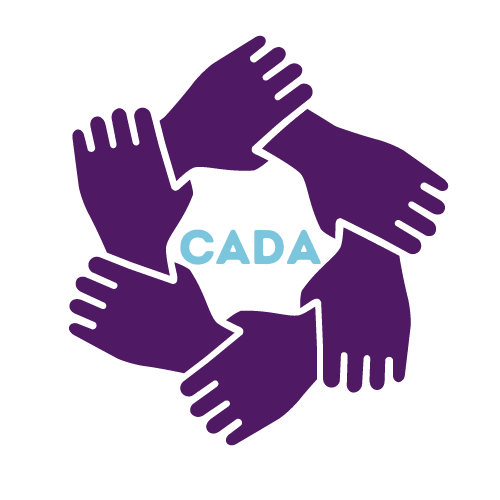Our mission.
The purpose of the Cornell Anti-Detention Alliance is to provide assistance to people either currently or formerly detained by the U.S. immigration detention system and to advocate for accountability and abolition through direct services and education, awareness, and fundraising campaigns. In working towards this mission, we maintain the following core values, adapted from Freedom for Immigrants:
As a coalition of people in solidarity, we seek to center those who have directly suffered the injustices of immigrant detention. The Cornell Anti-Detention Alliance aims to center its work around the stories, needs, and experiences of those who have been directly impacted by immigration detention. We stand in solidarity with all those fighting to end ICE’s cruelty against immigrant communities and acknowledge our position and privilege operating within the institution of Cornell University.
We cannot be neutral in this fight. Our direct service, advocacy, and coalition-building efforts can never be politically neutral. We recognize the gravity of the suffering that immigrant detention inflicts and reject any and all frameworks that promote charitable “savior” narratives.
We are part of something bigger than ourselves. The U.S. detention system is the largest in the world and we are part of a national movement to transform political responses to migration. We look towards the example set by a legacy of immigrant and BIPOC organizers fighting for the abolition of national and global incarceration systems.
We endeavor to ensure all migrants' rights are recognized and honored. While we recognize the U.S detention system must be dismantled as it is, we work to ensure that migrants' birthright of seeking asylum, liberty, security, humane conditions in detention, and due process are honored under both federal law and the Universal Declaration of Human Rights.
-
Before we were the Cornell Anti-Detention Alliance, our group conducted in-person visits with people detained at the Buffalo Federal Detention Facility, where we were separated from detainees by a window and spoke over a facility-monitored phone line. These constraints have of course been exacerbated by the COVID-19 pandemic; all in-person volunteer visits to Batavia have been halted. Now, we volunteer for a phone hotline set up by Justice for Migrant Families to reach people inside.
-
Due to the fact that Immigration Control and Enforcement (ICE) operates in a no-man’s land of little accountability, it is difficult to ascertain what is happening inside. Our conversations thus become a critical site of potential intervention. We ask what detainees need in terms of their health (physical and mental), food, religion, contact with families, and reading materials. We inquire into whether they are having any issues with guards or other detainees. We track these interventions and work with Justice for Migrant Families and Freedom for Immigrants to plan for means of support and advocacy.
-
Many people are deported before they even get a chance to tell their stories to an immigration judge—either because they were denied the chance to advance their case to an asylum hearing or because they became so desperate while being held in detention that they “voluntarily” decided to accept deportation. Through our advocacy, we aim to work with people detained and previously detained to share their stories while maintaining the integrity of their experiences.





